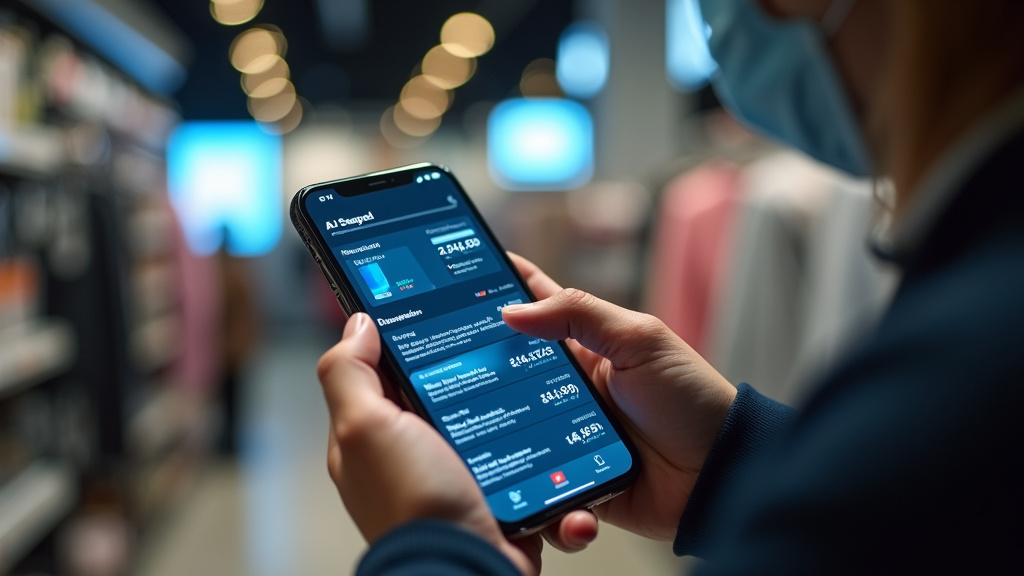Kering Commits €50 Million to Aggressive Digital Expansion
Paris, France – Kering Group, the global luxury collective renowned for housing iconic brands such as Gucci, Balenciaga, and Bottega Veneta, officially unveiled a significant strategic investment on January 27, 2025, aimed squarely at accelerating its presence within the burgeoning digital fashion sector and the metaverse. The detailed plan outlines a substantial projected expenditure of €50 million over the subsequent 18 months, marking a decisive move by the French luxury giant to solidify its position at the forefront of digital innovation in the high-fashion space.
The strategic allocation of funds is multifaceted, specifically targeting the development of proprietary virtual experiences, the deep integration of NFT (Non-Fungible Token) technology, and the exploration of direct-to-avatar commerce across Kering’s extensive portfolio of luxury houses. This concentrated investment underscores Kering’s explicit commitment to harnessing the potential of digital realms, driven by market projections that estimate the digital luxury sector could burgeon to a value of $10 billion by 2030.
The Strategic Pivot Towards Digital Frontiers
The luxury industry has long been built on exclusivity, craftsmanship, and physical presence. However, the rapid evolution of digital technologies, coupled with changing consumer behaviors – particularly among younger demographics – has necessitated a strategic pivot. Kering’s €50 million investment signals a clear recognition that the future of luxury engagement and commerce extends beyond the physical storefront and into immersive digital environments. This strategic push is not merely experimental; it represents a foundational element of Kering’s long-term growth strategy, designed to capture new revenue streams, enhance brand loyalty through innovative experiences, and connect with consumers in native digital spaces.
The decision, formalized on January 27, 2025, follows a period of increasing experimentation by individual Kering brands in the digital domain, including limited NFT drops and virtual world activations. The group-level investment signifies a move from piecemeal initiatives to a cohesive, scaled strategy, pooling resources and expertise to drive collective progress across the portfolio. The 18-month timeline for the expenditure highlights a sense of urgency, positioning Kering to rapidly build capabilities and deploy initiatives in a fast-moving digital landscape.
Investment Breakdown: Key Pillars
The projected €50 million expenditure is earmarked for three primary areas, each critical to establishing Kering’s digital footprint:
1. Developing Proprietary Virtual Experiences: A significant portion of the investment will be allocated to creating immersive, brand-specific digital environments. This could range from virtual showrooms and digital art installations inspired by couture collections to entirely new metaverse spaces where consumers can interact with brand history, craftsmanship, and products in novel ways. The goal is to move beyond simple marketing activations towards sustained, engaging digital destinations that reflect the unique identity and values of each luxury house.
2. Enhancing NFT Integration: Building on previous explorations, Kering plans to scale its use of NFTs. This will likely involve leveraging NFTs for various purposes: creating verifiable digital twins of physical luxury goods, offering exclusive digital collectibles, providing token-gated access to unique digital or physical events, and establishing new models for digital ownership and provenance within the luxury context. The investment will support the technical infrastructure, creative development, and legal frameworks necessary for robust NFT strategies across multiple brands.
3. Exploring Direct-to-Avatar Commerce: Recognizing the growing importance of digital identity and self-expression through avatars in games and virtual worlds, Kering will dedicate resources to developing and implementing strategies for selling digital wearables directly to avatars. This represents a direct commerce channel for digital assets, opening up significant potential for revenue and brand visibility among digital-native consumers. The focus will be on creating high-fidelity, desirable digital fashion items that resonate with the aesthetic codes of Kering’s luxury brands.
Building Immersive Worlds and Digital Collectibles
The push into proprietary virtual experiences underscores Kering’s ambition to control its brand narrative within the metaverse. Instead of solely relying on third-party platforms, the group aims to build bespoke digital spaces that offer curated, high-quality interactions. This approach allows for greater control over the user experience, ensuring it aligns with the luxury standards of excellence and exclusivity associated with brands like Gucci or Balenciaga. These virtual environments could serve multiple purposes, from launching new collections digitally to hosting virtual events and providing educational content about craftsmanship and sustainability.
Concurrent with building virtual worlds, the enhanced focus on NFT integration is set to transform how Kering’s brands interact with collectors and enthusiasts in the digital realm. NFTs provide a mechanism for scarcity, authenticity, and verifiable ownership in the digital world, mirroring some of the core tenets of physical luxury. By issuing NFTs, whether linked to physical purchases or standalone digital artworks, Kering can create new tiers of engagement and loyalty, potentially offering exclusive access or benefits to NFT holders. The €50 million investment will help establish the sophisticated infrastructure required to manage these digital assets securely and at scale.
The Future of Direct-to-Avatar Luxury
Perhaps one of the most forward-looking aspects of the investment is the commitment to direct-to-avatar commerce. As millions spend increasing amounts of time and money personalizing their digital identities in games, social platforms, and emerging metaverses, the market for digital fashion is rapidly expanding. Kering’s strategy acknowledges this fundamental shift, aiming to position its brands as providers of desirable digital apparel and accessories for avatars. This requires not only creative design for digital assets but also the technical capability to distribute and sell these items across various digital platforms, a capability the €50 million investment is intended to bolster over the next 18 months.
This move into selling digital wearables directly for avatars represents a significant new revenue stream potential and a powerful tool for brand engagement among demographics who may not yet be able to afford physical luxury goods but are active consumers in digital economies. Brands like Balenciaga have already experimented with digital fashion in gaming contexts, and this investment will likely accelerate and standardize such initiatives across the group.
Implications for Kering and the Market
The €50 million investment over 18 months, announced on January 27, 2025, positions Kering Group as a leader in defining the future of luxury in the digital age. By committing substantial resources to proprietary virtual experiences, NFT integration, and direct-to-avatar commerce, Kering is not just dipping its toes into the metaverse; it is building a strategic foundation to capture a significant share of the projected $10 billion digital luxury market by 2030.
This move will undoubtedly influence the broader luxury market, potentially prompting competitors to accelerate their own digital transformation efforts. It signifies that the digital realm is no longer merely a marketing channel but a critical platform for creation, commerce, and community building for the world’s leading luxury houses. The successful execution of this strategy will be key to Kering’s ability to innovate and thrive in an increasingly digital-first world, ensuring its iconic brands remain relevant and desirable to future generations of luxury consumers.





